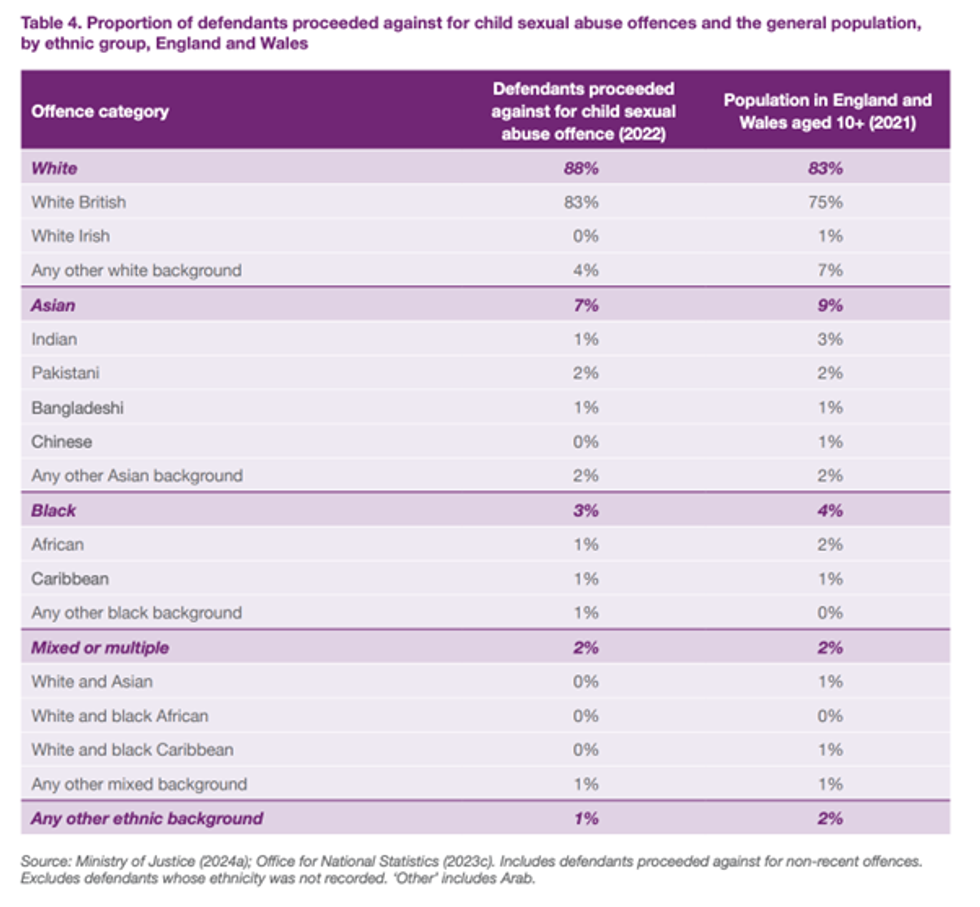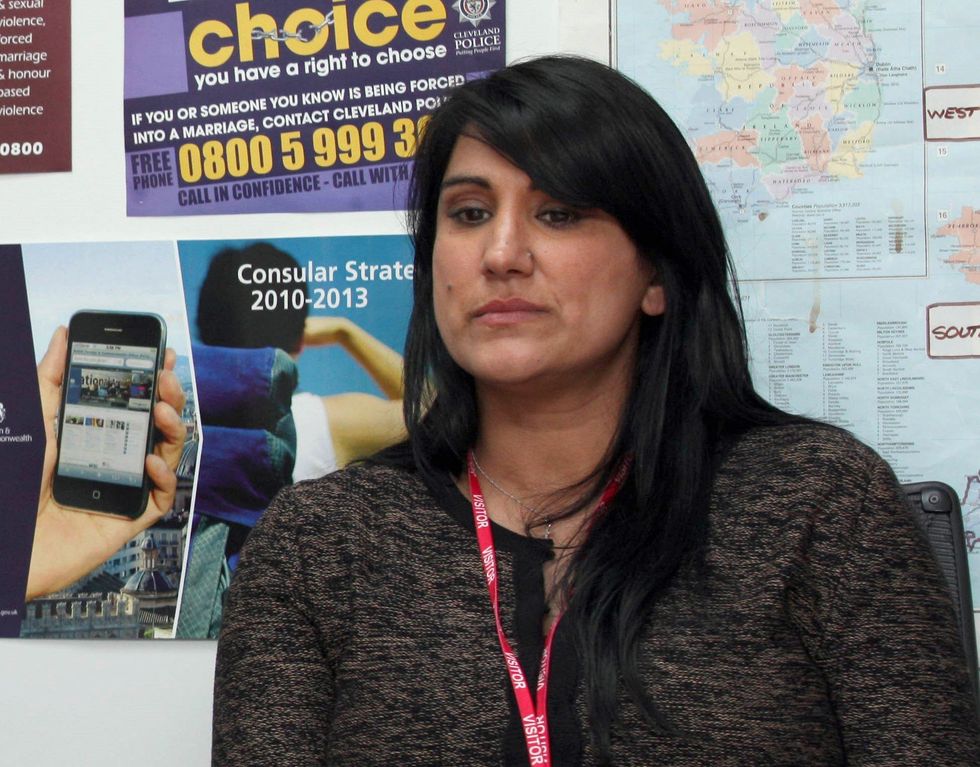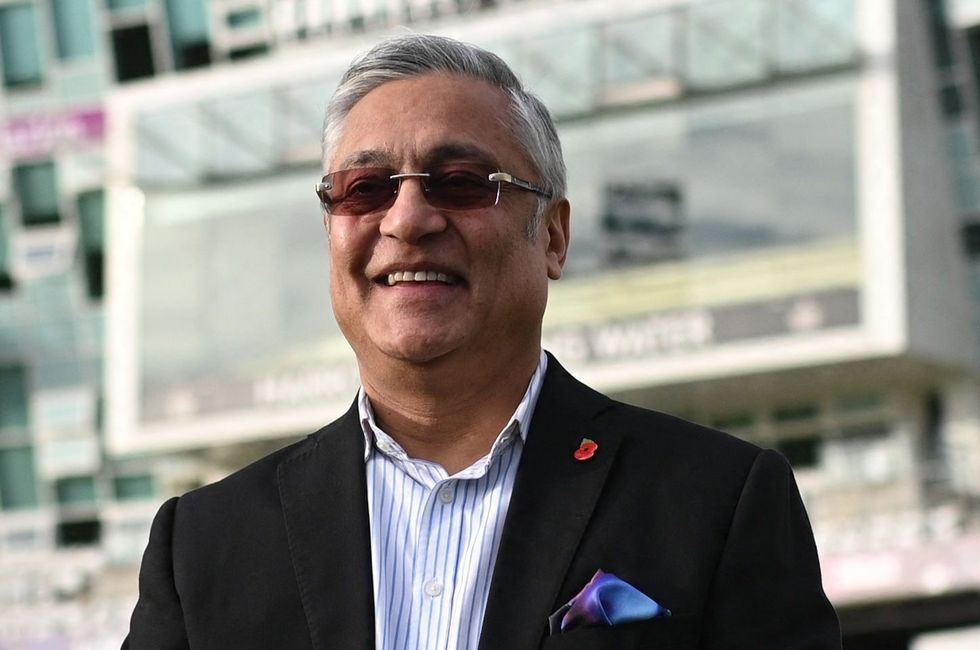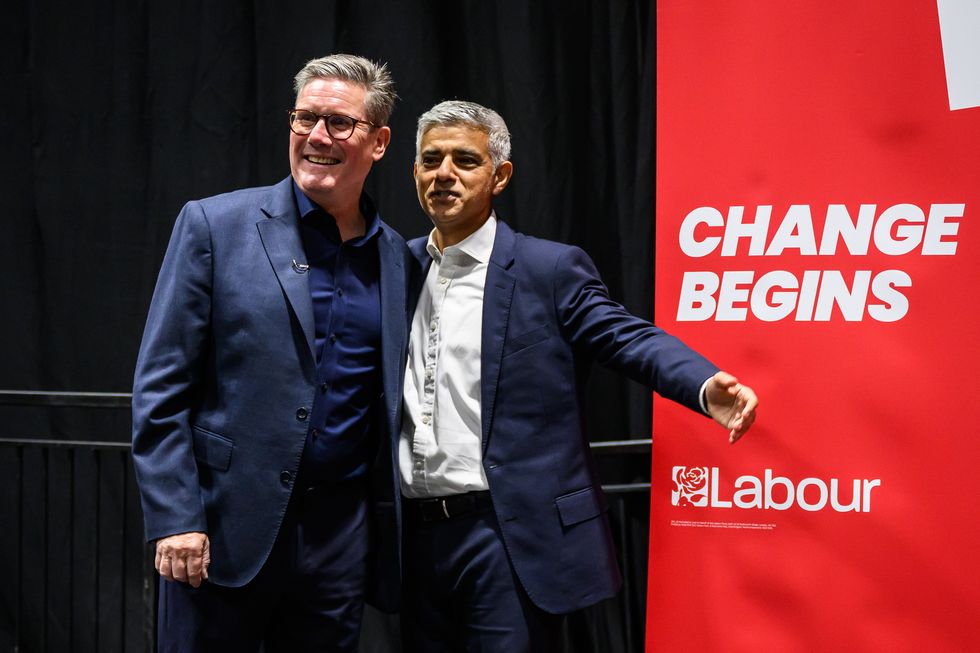by RITHIKA SIDDHARTHA
HOME SECRETARY Sajid Javid announced last Friday (19) that his department would start work on a new counterextremism strategy, as he admitted politicians were part of the problem of rising extremist views.
Javid, who was not invited to the state dinner last month for US president Donald Trump at Buckingham Palace, also condemned the American leader’s recent “go back home” remarks, targeted at four nonwhite Congresswomen, while stopping short of calling those statements racist.
“I will call out extremism wherever I see it,” Javid said in south London. “We all have a role to play in stopping any normalisation or legitimisation of these views.”
The first Asian to hold one of the great offices of state in Britain, Javid is the son of immigrant Pakistani parents.
He recalled changing his school route in order to avoid National Front members and said his mother frequently scrubbed away the ‘P’ word scribbled on the exterior walls of their family shop.
In his speech on countering extremism, the home secretary said that as a child, “I was told to go back to where I came from”. Politicians, too, were part of the problem, Javid added.
“Around the world populism, prejudice – and even open racism – have catapulted extremists into power,” he said. “I’m proud to say this has not happened in mainstream politics here.”
“Thankfully, our politics has not gone down the same road as much of Europe and the US,” he added.
“But we must act now to avoid sliding into the barely masked racism of nationalism.”
Javid, however, praised Bexit Party leader Nigel Farage for walking away from UKIP, describing them as “thugs and extremists”.
“Even though his Brexit Party has not made my life any easier, I want to be clear: they are not extremists. Because it doesn’t help to exaggerate the problem, to demonise anyone with a different view and to see danger when it is not there,” Javid said.
Noting that everyone was at risk of extremism, he urged a national conversation about it, and added that “cultural sensitivities must not stop us calling out extremism”.
New figures by the Commission for Countering Extremism showed that more than half (52 per cent) of respondents surveyed have witnessed extremism. Of these, almost half (45 per cent) said they had seen it online and two-fifths (39 per cent) said they had encountered it in their local area.
Javid also announced amended guidance for companies or organisations that sponsor migrant workers.
“This will allow us to refuse or revoke a sponsor licence where an organisation behaves in a way that is inconsistent with British values, or that’s detrimental to the public good,” he said.
The home secretary stressed the need for a more integrated society, adding that he would seek more funds to help those who do not speak English learn the language.
And moving away from the more hardline stance of some in his party, especially that of former prime minister Theresa May when she was home secretary, Javid said: “I understand there are concerns about immigration. Some worry that new arrivals will take over their communities, that our national identity will be diluted.
“I firmly reject that. I’ve seen how immigration can enrich our country and I welcome it.
“But if people from different backgrounds are living separate lives in modern ghettos, then it’s no good for anyone.
“We must confront the myths about immigration that extremists use to drive divisions. We know that they use immigration as a proxy for race. Sweeping plans to cut immigration as if it’s automatically bad can add to the stigma.”
He added: “Only by talking about this can we show how much integration enriches our communities.
“An integrated society is a strong one, and this multi-layered approach will help us tackle extremism.
“This is not just a job for the government alone. But we will lead from the front. “It takes the whole of society to challenge these vile views.”
Javid, who supported Boris Johnson in his bid to be the new prime minister, has previously said politicians must be more responsible in their choice of language – referring to the Tory frontrunner’s comments likening women in full-face veils to letterboxes.
Last Friday, he explained why he has chosen to back Johnson as Tory leader.
“I have always found him both personally, and how he has acted on policies and things he has talked about and wants to do, to be someone who is passionately anti-extremist, passionately anti-racist.
“Someone who is very comfortable and at home with modern Britain, celebrates and embraces modern Britain. That is one of the reasons I support him.”
Harris Bokhari, a grassroots expert in countering violent extremism (CVE), welcomed Javid’s speech.
He said: “It is important the home secretary highlighted the growth of far-right extremism and how this fuels other forms of hate in our society. Only by working together, each playing our part, can we root out hate from our communities.”





 'Sorting out the lack of social care in the community needs to be a priority'
'Sorting out the lack of social care in the community needs to be a priority'












 Jasvinder Sanghera (Photo by Jon Bond - WPA Pool/Getty Images)
Jasvinder Sanghera (Photo by Jon Bond - WPA Pool/Getty Images) Lord Kamlesh Patel
Lord Kamlesh Patel Lord Karan Bilimoria
Lord Karan Bilimoria Poppy Jaman
Poppy Jaman


